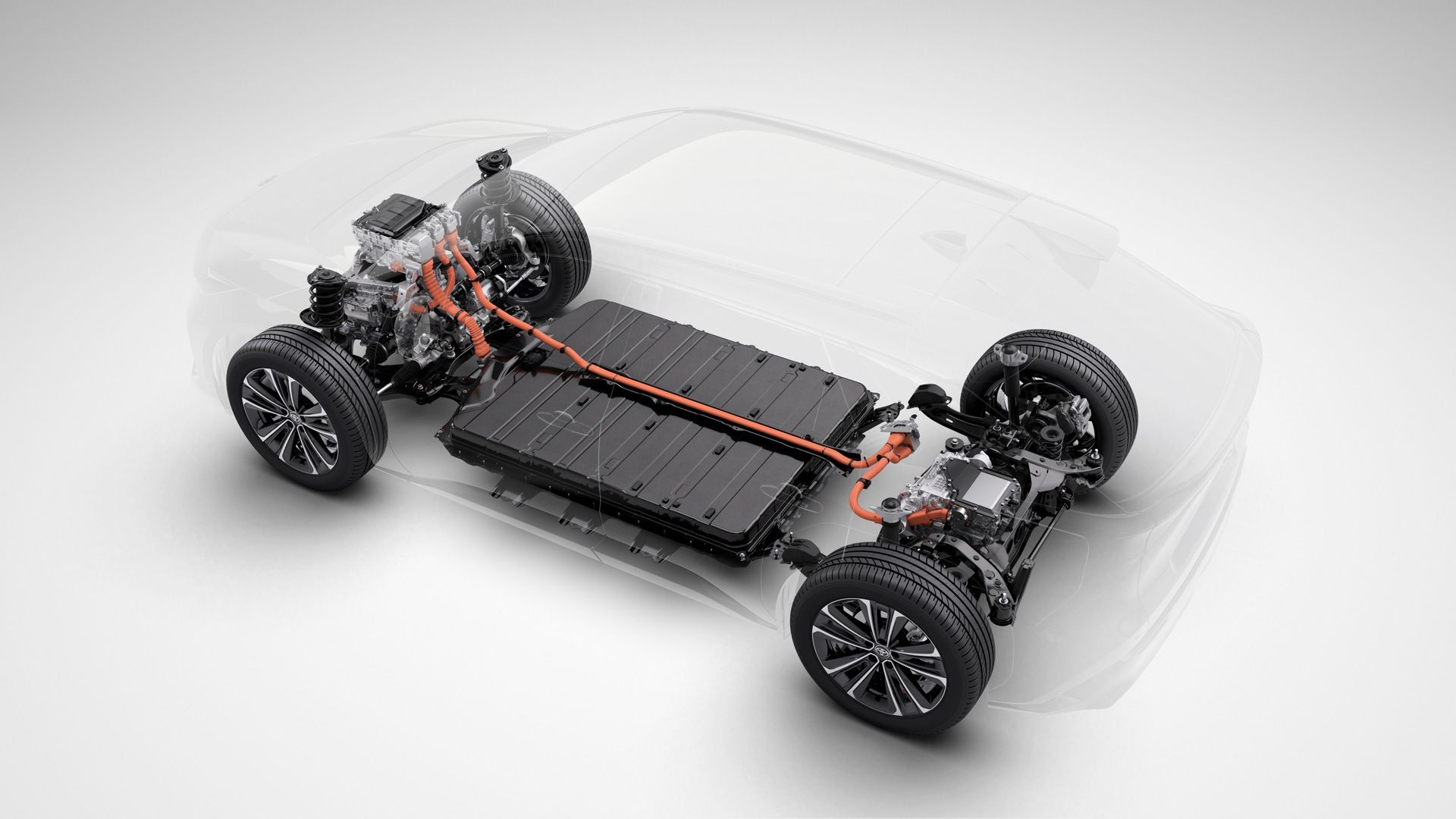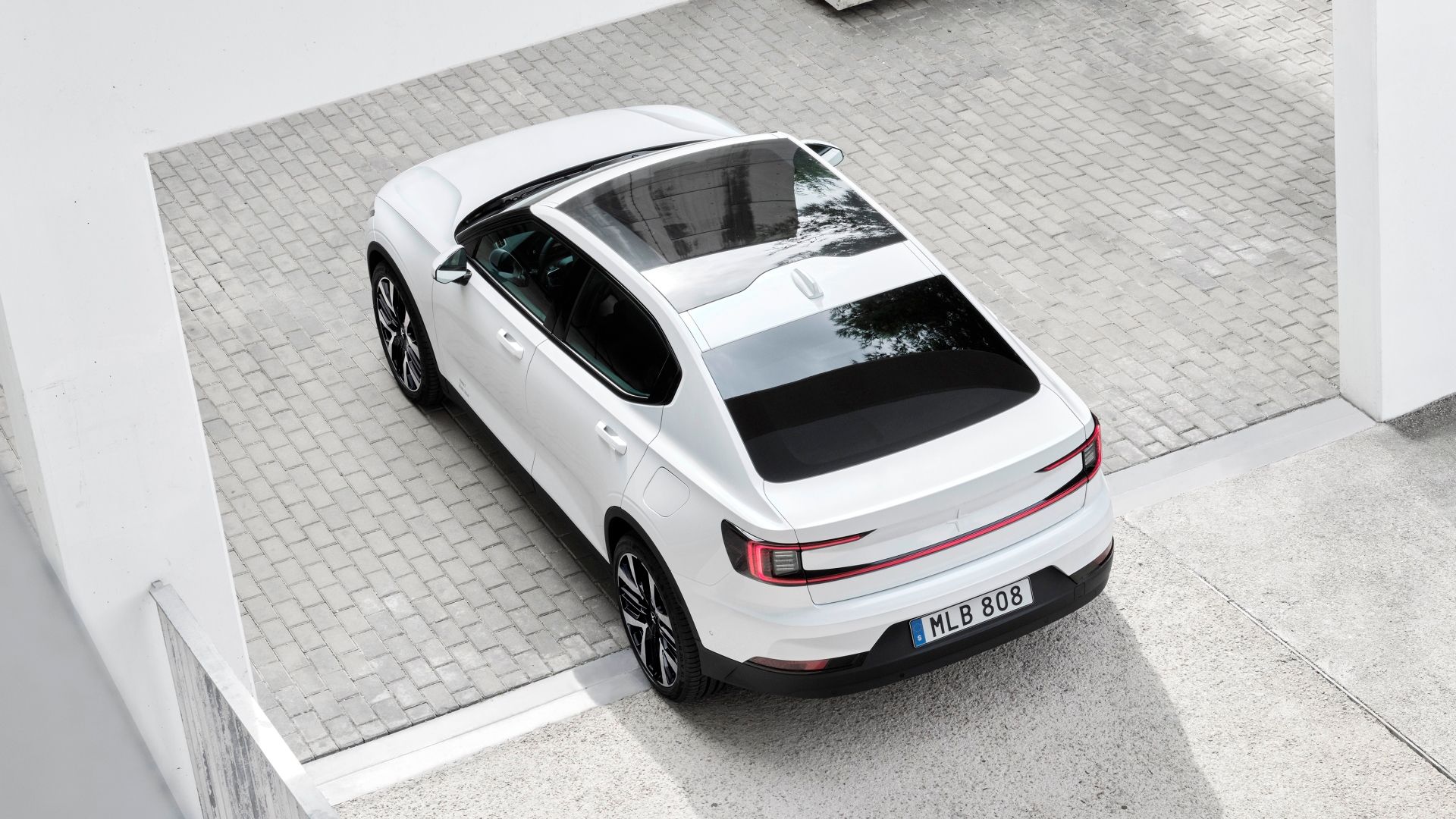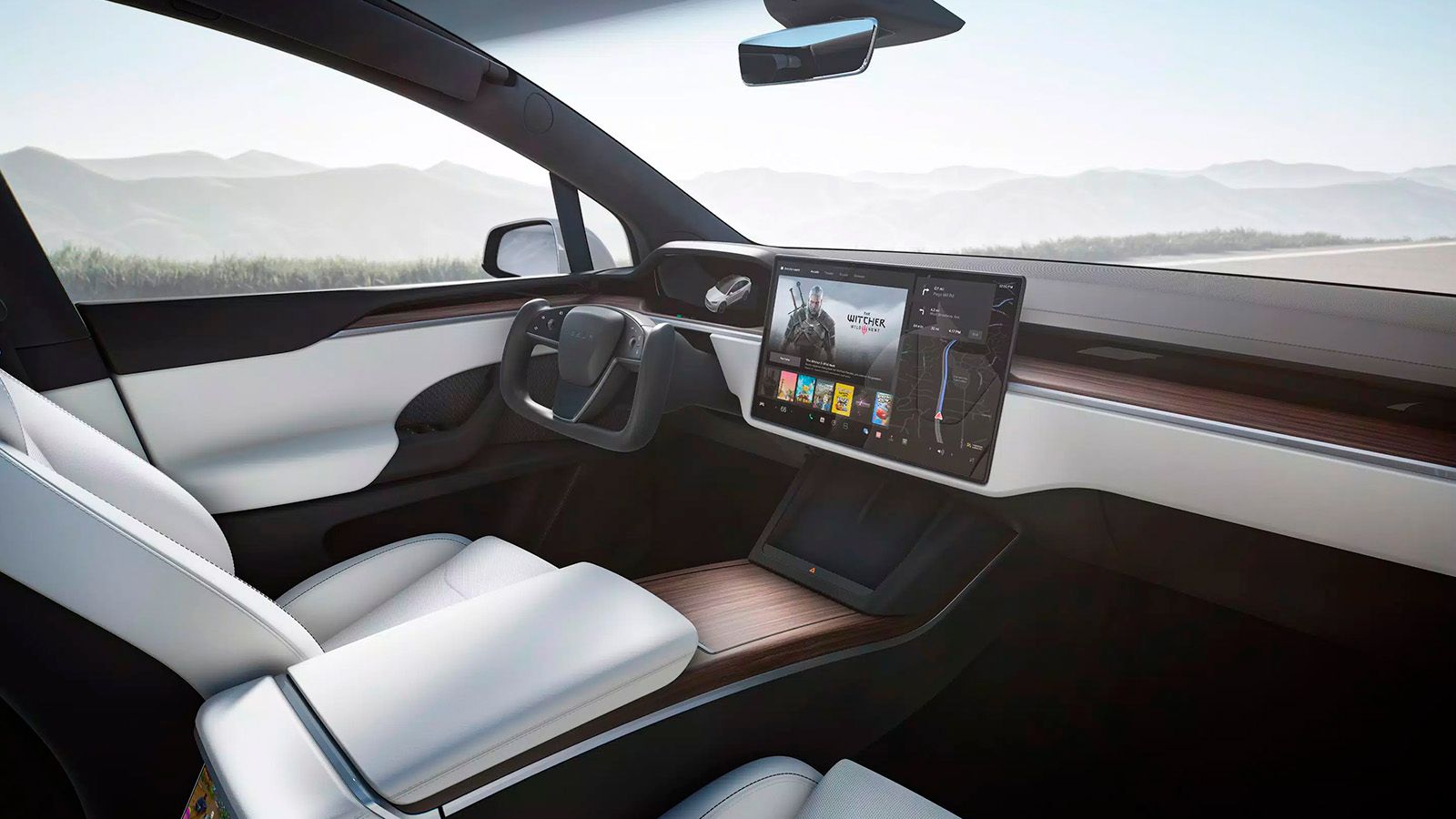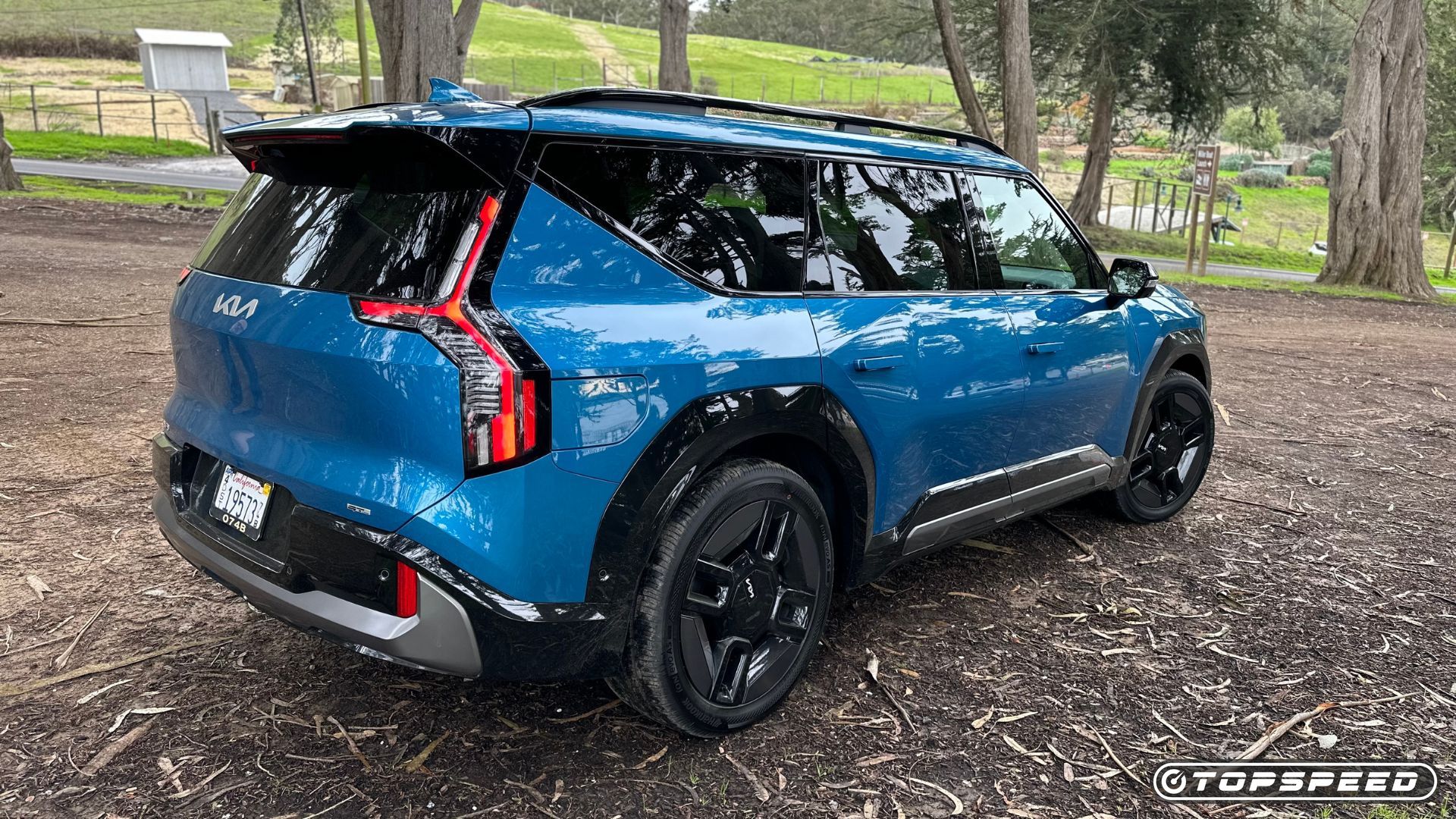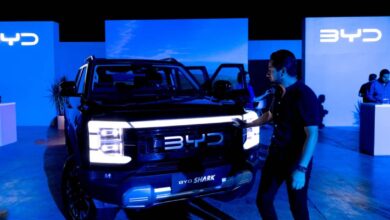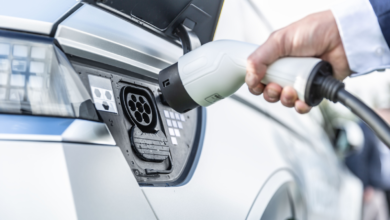Here’s Why Electric Cars Have Been Generally Unreliable So Far
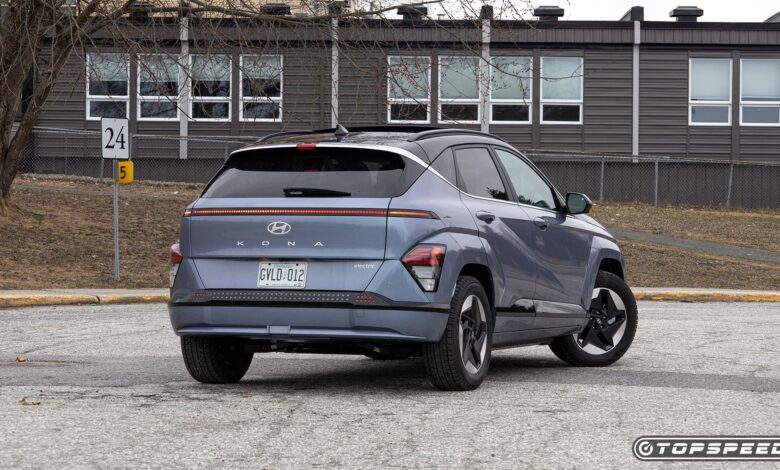
In recent years, electric cars have seen some of the industry’s largest growth. As the benefits of electrified powertrains have become increasingly obvious, it’s no surprise that manufacturers are adopting the technology into each segment they compete in.
Now that mainstream electric cars have been on the market for a decent amount of time, we can gauge how reliable they are compared to conventional combustion-powered cars. While it was originally thought that fewer moving parts would lead to fewer problems, a recent study reveals that this isn’t necessarily the case. Here’s a closer look at why electric cars have turned out to be less reliable than gas-only cars overall.
In order to give you the most up-to-date and accurate information possible, the data used to compile this article was sourced from various manufacturer websites and other authoritative sources, including Consumer Reports.
Related
10 Used Electric SUVs That Are Notoriously Reliable Yet Crazy Cheap
If you’re in the market for a competitively priced and reliable used electric SUV, these are the best options to consider.
The Increased Complexity Of The Newer Technology
While the idea of having fewer moving parts is true for electric cars, the technology required to generate the power needed for the drive is still relatively new. Combustion engine cars have had over a century to develop what we have today, whereas modern mainstream EVs only started to gain traction in the early 2010s. While brands such as Lucid and Rivian have started to extract the incredible potential of electric powertrains, more time is needed to figure out how to make them as rock solid as combustion engines.
Due to how new the technology is, going about repairing electric vehicles isn’t quite as straightforward as taking a gas-powered vehicle to the nearest mechanic (or fixing it yourself). You’ll to find a workshop that specializes in EV repairs, which are still few and far between as the required training continues to be rolled out.
The Troublesome EV Batteries
One of the main causes of concern in electric vehicles is the batteries. This component is one of the most important within the powertrain of these vehicles, being responsible for sending power to the motors. Electric motors don’t always fail suddenly but rather degrade over time. Like any battery, constant usage of an EV can lead to the degradation of the battery itself. Additionally, charging the battery too much can also damage it.
Another more severe issue that has become increasingly notable is the potential for EV batteries to fail or even catch fire due to overheating. As lithium-ion batteries are made using flammable materials, overheating them poses a serious risk of fire. If you live in a warmer climate, the risk of degradation and overheating becomes even more prevalent, along with charging times not being quite as efficient.
Electric batteries can also sometimes overheat when not charging, but both situations can lead to reduced range and decreased power. Moreover, due to how hot these batteries can burn, putting the flames out becomes a much harder task.
Another major concern with electric car batteries is the risk of a leak, which can subsequently result in fire. Some of the main causes of a battery leak once again include overcharging, faulty seals, and general wear and tear, hinting at even more reliability problems for the component in the long run. If the electrolyte in the battery leaks, the most common recommendation is to replace it entirely, which can cost upwards of $10,000. When you combine the sensitivity of electric car batteries with the new technology, repairing any potential problems becomes pretty expensive. If you have to replace a battery entirely, things become even more expensive.
Looking At The Electric Motors Themselves
Alongside the batteries, electric car motors can also experience reliability problems, which are usually similar to those faced by the battery. Overall, the most common problem that electric motors can face is overheating, reaffirming the theme of EVs facing overheating problems.
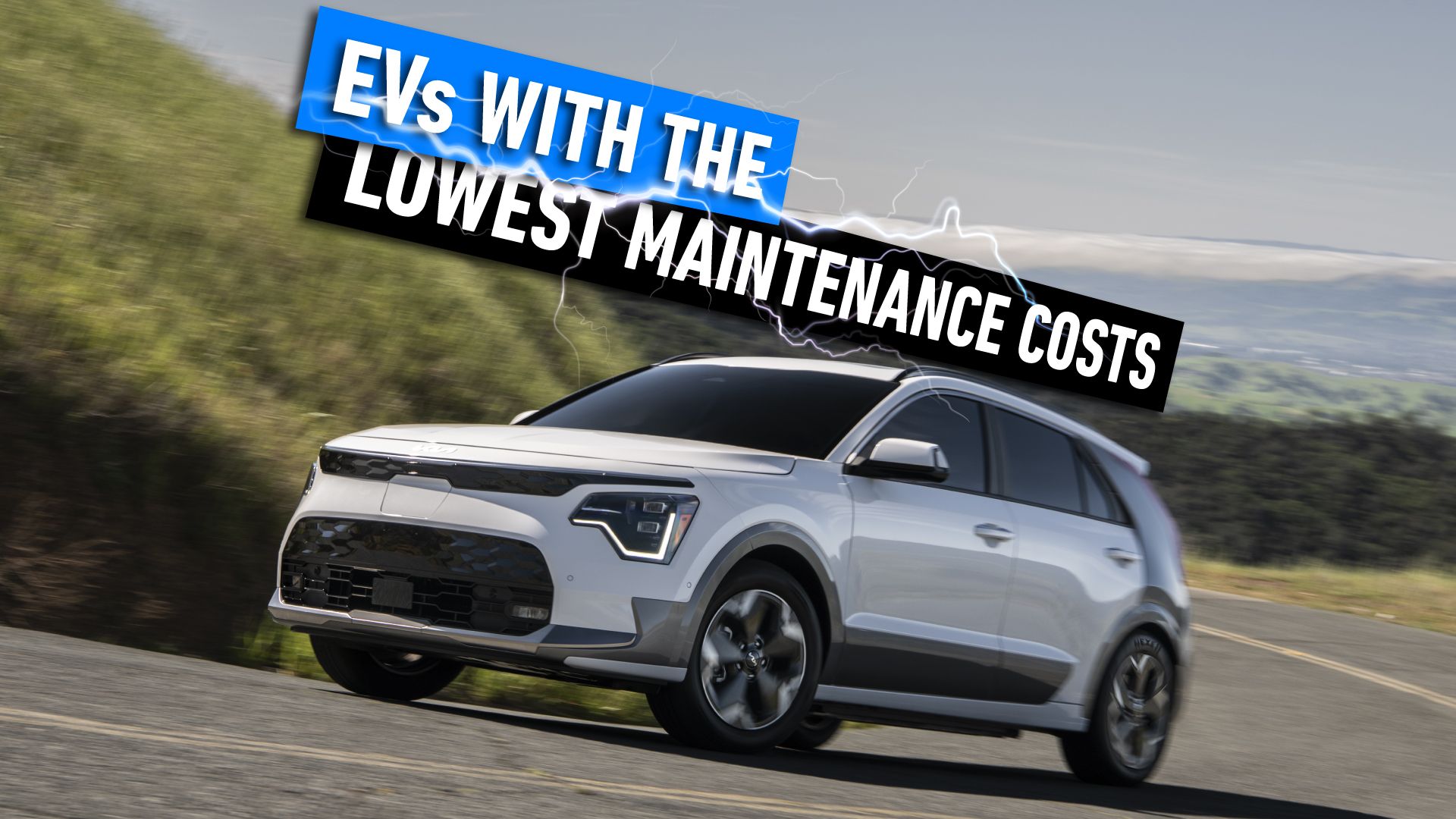
Related
10 Electric Vehicles With The Lowest Maintenance Costs
EVs are cheaper to run due to fewer moving parts, reducing maintenance costs, and lower fuel expenses compared to traditional ICE vehicles.
Owners Reported 79-percent More Problems With Their Electric Cars
In a study conducted by Consumer Reports, it found that electric cars have 79 percent more problems compared to the average conventional car. The study took a total of 330,000 vehicles, looking at 20 different areas, such as electric motors, the transmission, electric motors, leaks, as well as the infotainment systems. While the lack of components originally hoped to lead to better reliability, Consumer Report’s senior director of auto testing, Jake Fisher, isn’t surprised to see manufacturers needing time to figure out the bugs.
Hybrids Are Turning Out To Be Much More Reliable Than EVs
In the same test, Consumer Reports also studied different types of electrified vehicles, including mild/full hybrids and plug-in hybrids. Compared to combustion-engined cars, hybrids have turned out to have 26 percent fewer problems, which is somewhat surprising due to adding additional electric components to the powertrain. However, as the study finds quite a few issues with the high-tech interior features commonly found in electric cars, hybrids manage to avoid these as they tend to follow the more conventional cabin layout of combustion-engined cars.
Moving to plug-in hybrids, these types of electrified vehicles are, unfortunately, by far the most unreliable vehicle type, facing up to 149 percent more problems than combustion-engine cars. Due to PHEVs having larger batteries and a charging system to be able to drive purely electric power, more components subsequently lead to the same issues present in full EVs.

Add TopSpeed to your Google News feed.
In-Car Electronics Also Facing More Issues
Keeping on topic, many of the reliability problems in new electric cars can appear in their cutting-edge cabin technology rather than just with the powertrain. One example of this was the May 2022 recall for Tesla due to a display fault, which affected four different models in the lineup.
In addition to the in-car electronics themselves, the climate control systems within electric cars can also cause problems. Besides driving the vehicle, one of the easiest ways to drain the battery is through using climate control. This can not only lead to increased wear and tear on the battery but also decrease your EV’s range.
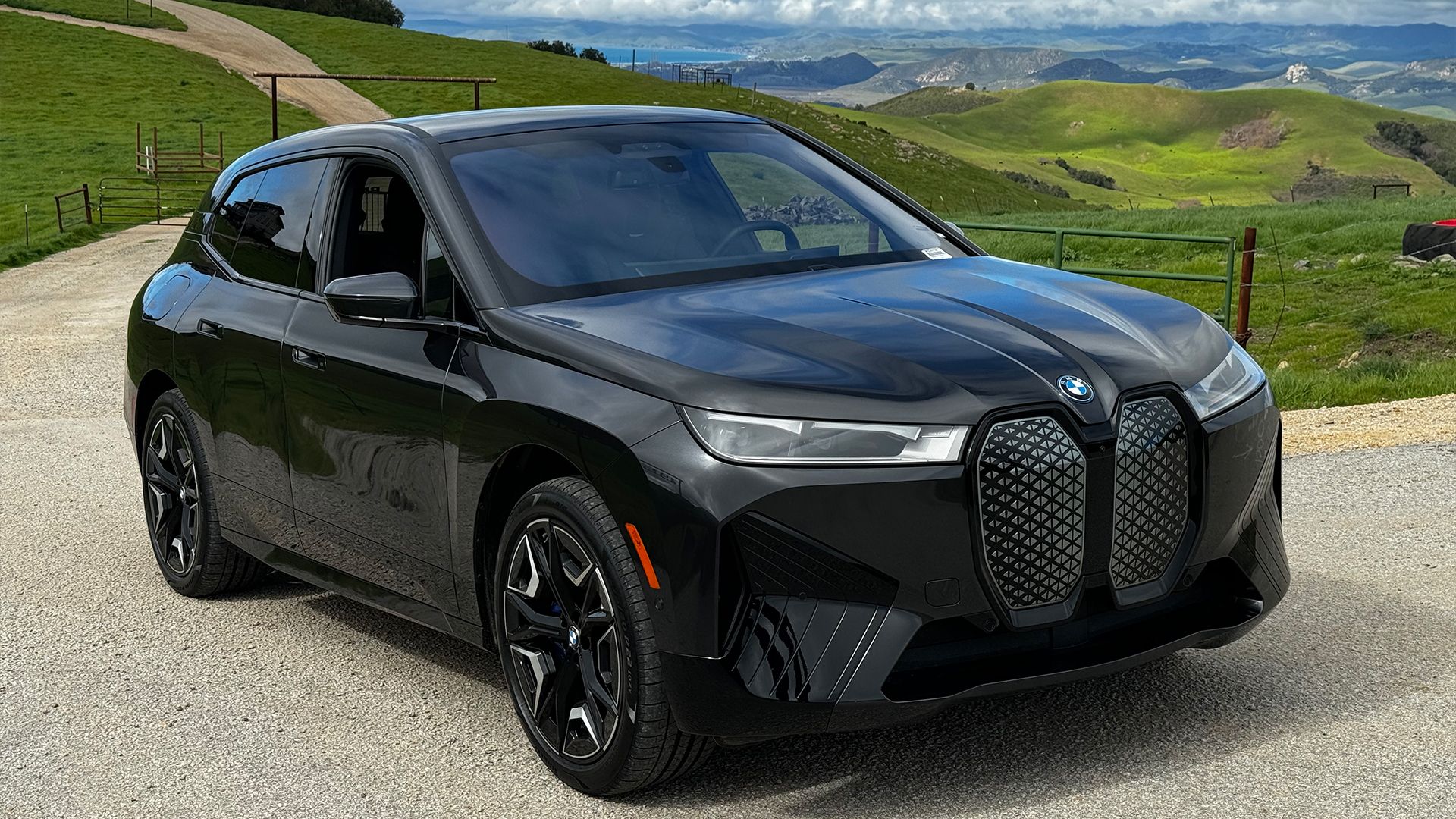
Related
10 Practical Electric SUVs With Rock-Solid Dependability
Families wanting a reliable and practical electric SUV need to be looking at these 10 impressive options.
Some Electric Cars Do Still Offer Solid Reliability
Despite the majority of electric cars falling short of their gas-powered counterparts, there are still a handful of electric cars that have managed to work around the potential issues better than others. Unsurprisingly, it’s either legacy automakers or brands that have been in the EV space for longer that come out on top of reliability, having more time to develop their powertrains.
While Tesla has been one of the pioneers in the segment, reliability hasn’t always been their strong suit for every model. One of these was the Model Y, but in 2024, the SUV saw improvements across the board to offer equal reliability compared to the average new combustion-engine car.
The Outliers In Europe
Moving over to Europe, each of the main manufacturers is now well and truly invested in an electrified future. While Mercedes-Benz takes a little more time to nail the reliability aspects of its EVs, BMW, Audi, and Porsche fall into the same territory as the Model Y, with some surpassing it. As for BMW, the iX SUV comes with a reliability score of 59/100 and the i4 sedan with a slightly higher score of 60/100.
Year by year, Audi continues to grow its all-electric e-tron fleet, with a heavy focus on SUVs. The 2024 Q4 e-tron comes with a respectable score of 48/100, with the larger Q8 e-tron dropping to 41/100. However, Porsche raises the bar higher than all of its German competitors with a predicted reliability score of 66/100. The all-new electric Macan hasn’t been on the road for long enough to predict its reliability, but the Taycan’s infrastructure hints at positive signs for the SUV.
Equally Impressive Models From Asia
Alongside the leading German manufacturers, the EV market in Asia also manages to stand head above shoulders compared to the majority of the industry. Kia is one brand that continues to diversify its lineup with electric vehicles, including the EV6 and EV9 SUVs, which have an equal predicted score of 48/100.
However, both of these are bested by the 2024 Hyundai Ioniq 6, which offers an impressive reliability score of 70/100. The Ioniq 6 has been touted as one of the best EVs on the market for multiple reasons, managing to avoid many of the common problems faced by electric vehicles that gives them a bad reputation overall.
